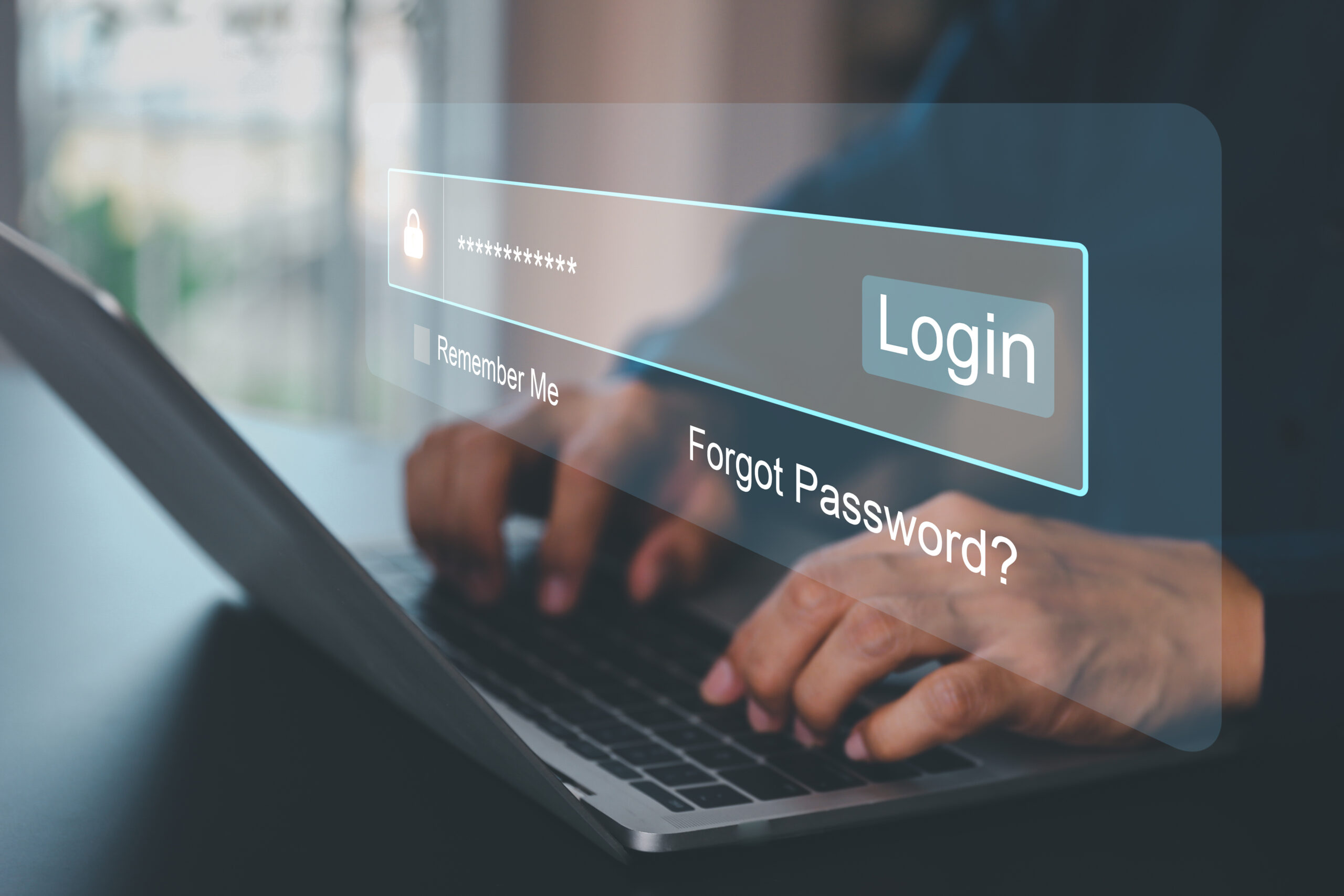Introduction:
Ransomware attacks have evolved significantly over the years, transforming from automated payloads to complex human-operated processes. Cybercriminals have found new ways to maximise pressure on their victims, and one of the most potent tactics they employ is data extortion. Instead of relying solely on encrypting data, some ransomware actors now threaten to publish or auction sensitive information, resulting in serious implications for businesses and their customers. In this blog post, we explore how ransomware attacks have evolved, the rise of Ransomware-as-a-Service (RaaS) models, the effectiveness of data extortion, and its potential ramifications on cybersecurity.
1. The Evolution of Ransomware Attacks:
In the early days, ransomware attacks were carried out by single entities using automated payloads to target random victims, collecting small sums from each successful attack. However, in recent years, ransomware attacks have become more sophisticated and human-operated. Attackers now carefully select their victims based on specific profiles and implement pressure measures to extort significant sums of money.
2. The Rise of Ransomware-as-a-Service (RaaS):
Ransomware-as-a-Service (RaaS) models have become prevalent, with various actors competing for the attention of affiliates. These RaaS actors charge a fee, typically 10% – 20% of the ransom payment, for their services. Affiliates play a crucial role in initiating attacks and may participate in multiple RaaS programs simultaneously, making it difficult to attribute attacks to specific criminal entities.
3. Data Extortion: A Potent Tactic:
Data extortion has emerged as a highly effective tactic for ransomware actors. Instead of relying solely on encryption, some groups, like Karakurt Team and Lapsus$, have started threatening to expose sensitive data. This approach adds more pressure on victims, as they fear the potential consequences of data exposure, including legal consequences, stock price decline, and reputational damage.
4. The Effectiveness of Data Extortion:
Recent attacks on companies like Medibank and large tech firms show the effectiveness of data extortion. When companies refuse to pay ransom demands, attackers have publicly dumped massive amounts of sensitive information, impacting millions of customers. The threat of data exposure can have dire consequences, leading many victims to consider paying the ransom to protect their reputation and customers’ trust.
5. Challenges in Attribution and Tracking:
The adoption of data extortion poses challenges in attributing ransomware attacks to specific actors and tracking their activities. The fragmented nature of ransomware operations, where affiliates may operate independently of RaaS entities, further complicates the process of identifying the culprits behind an attack.
6. Data Wiping and Exfiltration Detection:
As data extortion becomes more prevalent, traditional defence mechanisms that focus on detecting encryption activity may become less effective. Cybersecurity providers will need to adapt and focus on data wiping and exfiltration detection to mitigate the impact of ransomware attacks. Outershift partners with leading cybersecurity providers to safeguard information. Contact the team now to learn about the options available.
Conclusion:
Ransomware attacks have come a long way from their automated origins to sophisticated human-operated processes. Data extortion has emerged as a potent tactic, allowing attackers to maximise pressure on victims and increase the likelihood of ransom payment. Ransomware-as-a-Service models have also contributed to the evolving ransomware landscape, making it challenging to attribute attacks and track threat actors effectively. To defend against these evolving threats, cybersecurity providers must adapt their strategies and prioritise data wiping and exfiltration detection to protect individuals, companies, and organisations from the devastating consequences of data extortion. Interested in exploring how Outershift can protect your private information? Reach out to us and start fortifying your cyber defences.



